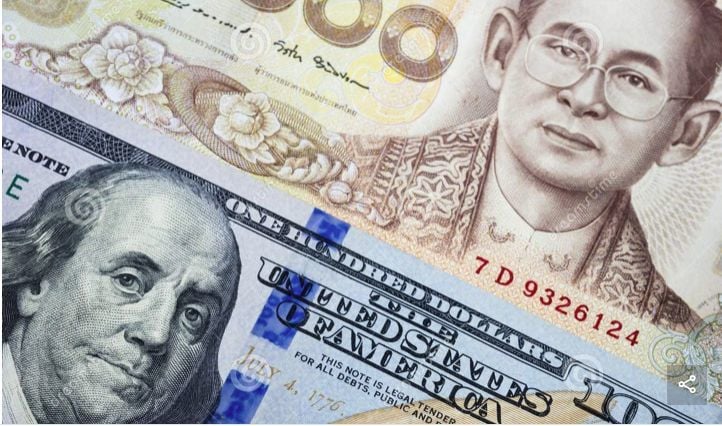Thailand to Ease Capital Outflow Rules Again, Governor Says
 January 9, 2020 https://www.yahoo.com/finance/news/t...103127485.html
January 9, 2020 https://www.yahoo.com/finance/news/t...103127485.html
 January 9, 2020 https://www.yahoo.com/finance/news/t...103127485.html
January 9, 2020 https://www.yahoo.com/finance/news/t...103127485.html
 January 9, 2020 https://www.yahoo.com/finance/news/t...103127485.html
January 9, 2020 https://www.yahoo.com/finance/news/t...103127485.html








 A man walks past a currency exchange booth in Bangkok. The Bank of Thailand has recently intervened in the foreign exchange market to try to weaken the baht. (Photo by Somchai Poomlard)
A man walks past a currency exchange booth in Bangkok. The Bank of Thailand has recently intervened in the foreign exchange market to try to weaken the baht. (Photo by Somchai Poomlard)

Comment